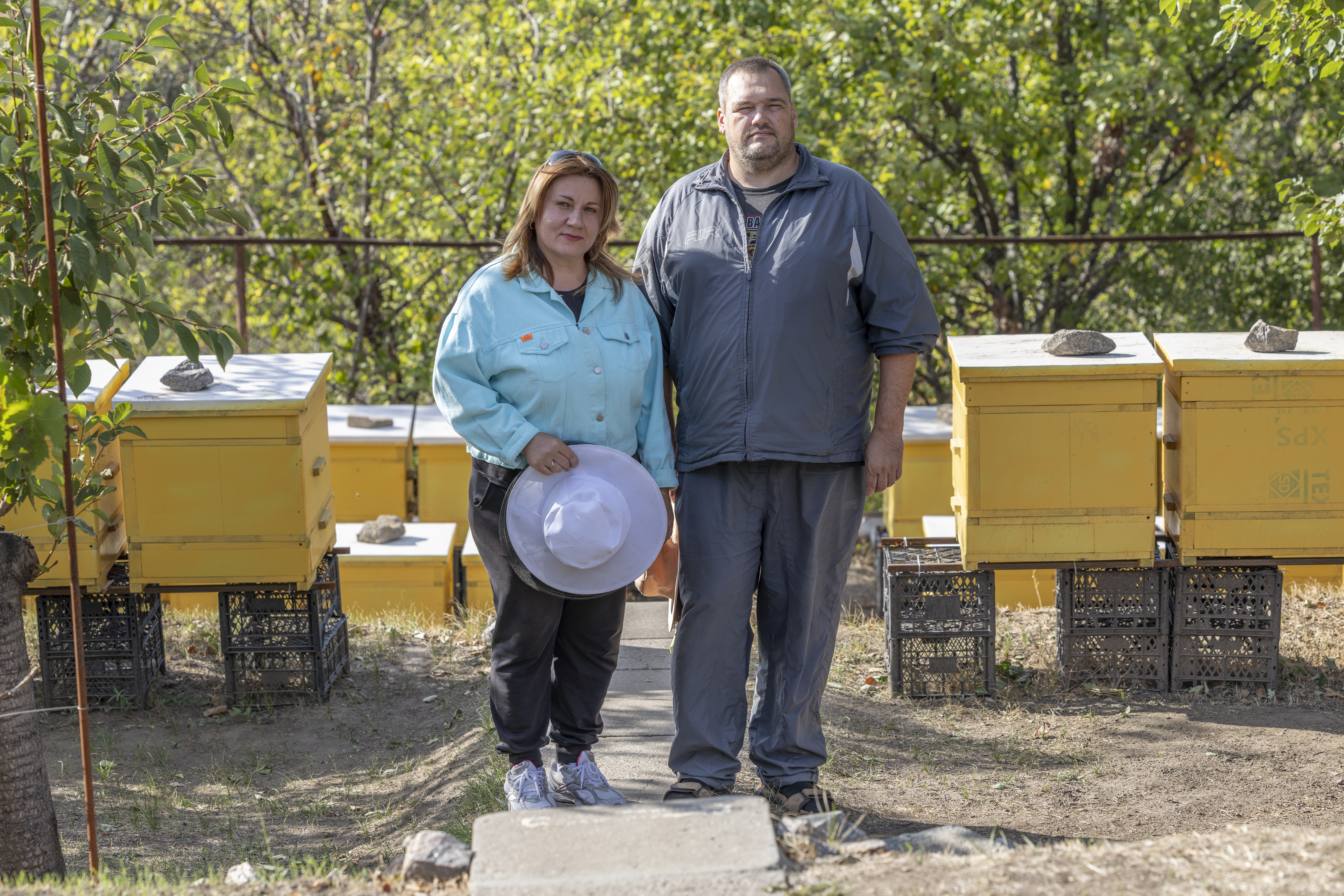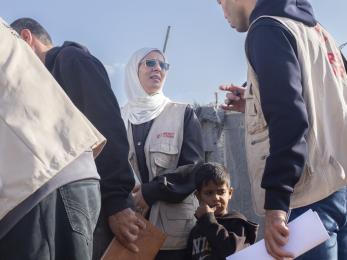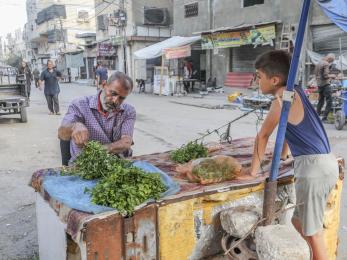Surviving crisis: Why rebuilding Beirut’s small businesses matters
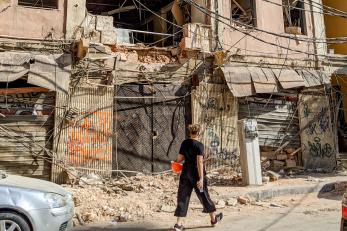
The blast that struck Beirut on August 4, 2020 shook Lebanon’s capital like an earthquake, destroying half the city and leaving hundreds of thousands of people homeless. More than 6,000 injuries and 180 deaths have been confirmed, and more than a dozen people remain missing.
“The damage is immense. When you walk through the streets, there is destruction everywhere. An estimated 300,000 people are homeless and in the next few days they will need food, water, shelter and hygiene and sanitation support.”
‑George Antoun, Mercy Corps Former Country Director for Lebanon
Prior to the explosion, Lebanon was facing a crisis on multiple fronts. Hyperinflation and the country’s ongoing political and economic crises affected vital business networks and jobs. Nearly one out of every three people in Lebanon was unemployed. Then COVID‑19 came along, slowing business in a country that was already in dire straits economically.
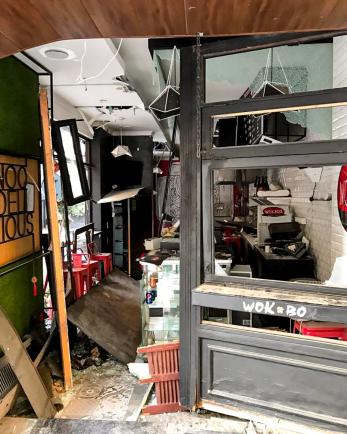
As if the collapsing economy wasn’t enough of a challenge, the areas most affected by the explosion were home to many small businesses critical to the city’s economic activity. In Lebanon, small businesses represent 97% of total formal businesses and are mostly family-owned. They also serve as a lifeline for local communities, providing jobs, income and stability.
“Clean-ups and help to reopen small businesses will need to be prioritised. With 51% of people in Lebanon relying on small businesses for their livelihoods, they cannot afford to be out of work.”
‑George Antoun, Mercy Corps Former Country Director for Lebanon
Helping small businesses to help families survive
With over half of Lebanon’s population employed in small and medium-sized businesses, any impact on their ability to operate hits families hard. For many families, if they don't work, they don't eat. And that’s only half of the problem. In many communities, these small businesses are the only sources of essential goods and services, including food. With Beirut’s main port heavily damaged and significant wheat stocks destroyed in the explosion, food will be even harder for families to get. That’s why we’re initiating an emergency response to get these businesses back on their feet.
“Our teams are working urgently to support families whose livelihoods are at risk of being destroyed. All of the shops within the blast radius have been affected. Some have lost their doors and windows, and their ceilings are falling apart. If we do not prevent these shops from shutting down, the shop owners and those employed will have no place to stay and no income to survive.”
‑Rafael Velasquez, Mercy Corps Country Director for Lebanon
Our support, largely in the form of cash assistance, will help these small businesses to clean up, reopen and resume provisions of goods and services most needed by their communities, while protecting the livelihoods of those working in those businesses. Cash is especially crucial at this time given the dramatic economic collapse and hyperinflation in Lebanon. Even before the explosion, many people were suffering financial hardship and had had their savings wiped out.
In partnership with local authorities, small businesses and other organizations, we assessed the needs of 1,100 businesses impacted by the blast and anticipate delivering assistance soon. Our goal is to provide what’s needed to repair, rebuild and restart these businesses, so they can once again open their doors and offer the goods, services – and jobs – most needed by their communities.
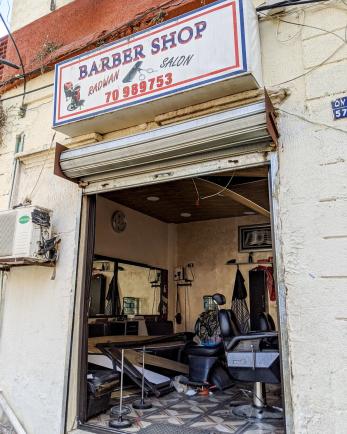
Disaster response means short-term and long-term help
Responding to a disaster means providing immediate assistance with things like food, clean water, and shelter. It also means looking to the future with a focus on rebuilding the physical, social, environmental and economic components of a community. For countries like Lebanon that are already in crisis when a catastrophe strikes, this long-term response is vital because recovery may not be possible without it.
We’ve been working in Lebanon since 1993, supporting the growth of economic opportunities and livelihoods by helping small and medium enterprises become more resilient in the face of crisis. As a result of this work and the unique challenges of this situation, we know we can have the biggest impact on Lebanon’s recovery by focusing our efforts on small businesses.
